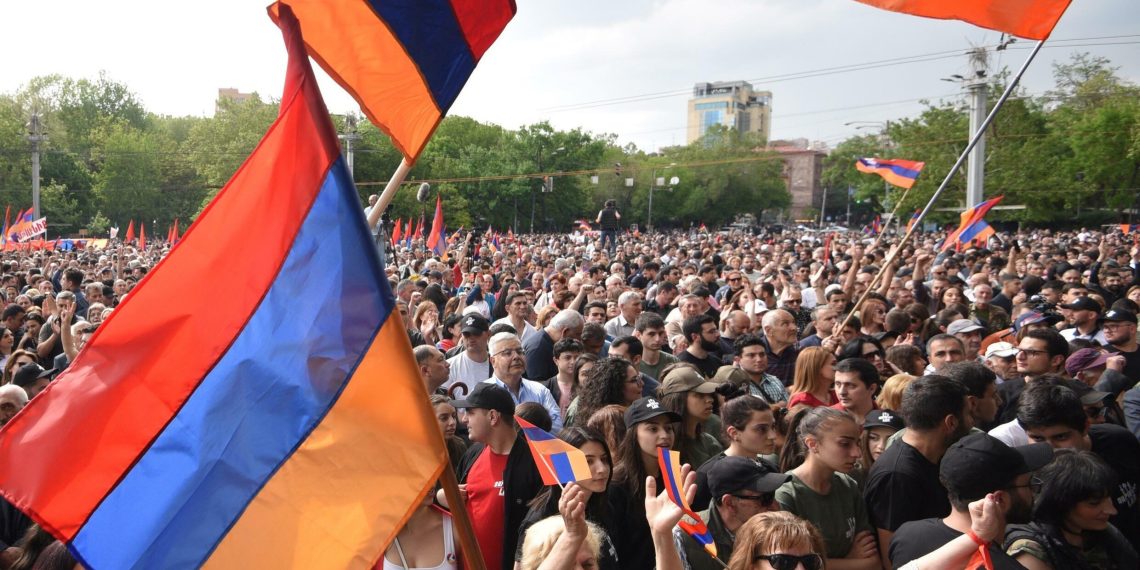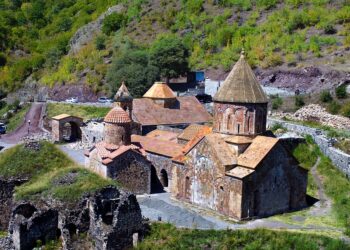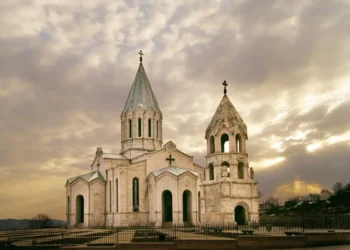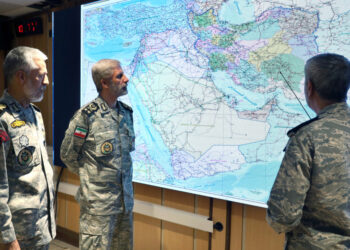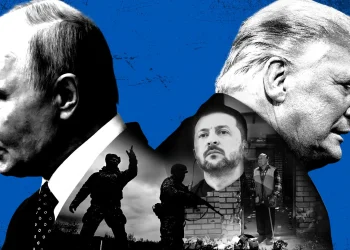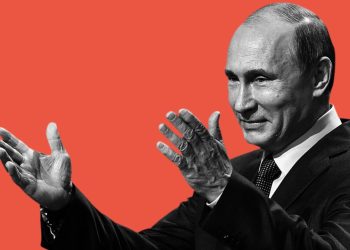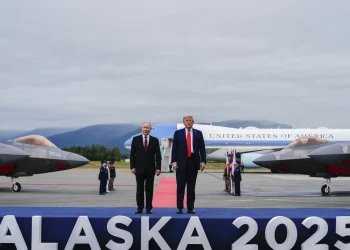YEREVAN (Realist English). The scandalous speech of Armenian Prime Minister Nikol Pashinyan (April 22, this year, the National Assembly of the Republic of Armenia), in which he stated the need to lower the Armenian bar on the settlement of the Karabakh conflict, became a kind of trigger for the activation of protest movements in Armenia. And if earlier, throughout the entire period after the snap parliamentary elections, the parliamentary opposition was in the focus of public criticism due to the actual inaction and lack of street fighting, then the announcement of an indefinite protest action by the head of the “I Have the Honor” faction, ex-head of the National Security Service Artur Vanetsyan on Easter day, April 17, became an important turn in the internal Armenian political life.
Joining the initiative of the representatives of the “Armenia” bloc (under the leadership of the country’s second president Robert Kocharian) significantly expanded the scale of the protest action, which began to be carried out on a network basis. Decentralization is, perhaps, the main feature of what has been happening in the streets of Yerevan in recent weeks, and starting today — in other cities of Armenia. The absence of pronounced leaders, self—organization, holding local actions on different streets of the capital, involvement of students and representatives of various professional communities and, in general, very competent tactics of street fighting – all this allows for an increase in the number of protesters practically every day.
It is also important to note the logistical specifics of the movement: the France Square in Yerevan, one of the key intersections of the capital, has been chosen as a kind of reference point for the entire movement, which creates quite serious problems for traffic in the small center. Since May 1, tents have been set up here, where activists spend nights.
Many methods of street fighting in general repeat those used in Armenia during the change of power under the brand “velvet revolution”: traffic paralysis, sit-in demonstrations, shouting “the policeman is with us”, etc. In short, everything is according to Gene Sharp’s methodology. However, the Armenian phenomenon here is that Sharp’s tools are actually used to promote the national (anti-Turkish, partly anti-Western) agenda.
Turning to the substantive content of the movement, it should be noted that the agenda was formed quite nice and clear – the resignation of the government headed by Pashinyan in order to avoid new concessions both on the Karabakh issue and on the part of the newly-launched settlement process of Armenian-Turkish relations (by the way, the Turkish Foreign Minister recently announced an agreement on the re-demarcation of the Armenian-Turkish borders).
As for the specific political roadmap of the opposition, it is currently either not ripe, or has not been announced due to tactical considerations. I would like to think that the latter is the reason. On the other hand, it is important to understand that this process cannot be considered in any way in the pre-election logic: the future of the Armenian state is at stake. The dilemma is quite simple: either a Pashinyan-style peace with maximum and all possible concessions and the final loss of subjectivity and adjarization/vilaetization of Armenia, or mobilization of the entire national strategic resource to create a chance to have a decent future as a state. There is no need for socio-political and economic rhetoric here. It will be required at the second stage — after the implementation of the minimum plan — the resignation of the government, after which a deep transformation of the Armenian political system with the formation of the Armenian national idea should take place.
Vahe Davtyan is Doctor of Political Sciences, Special to Realist English


